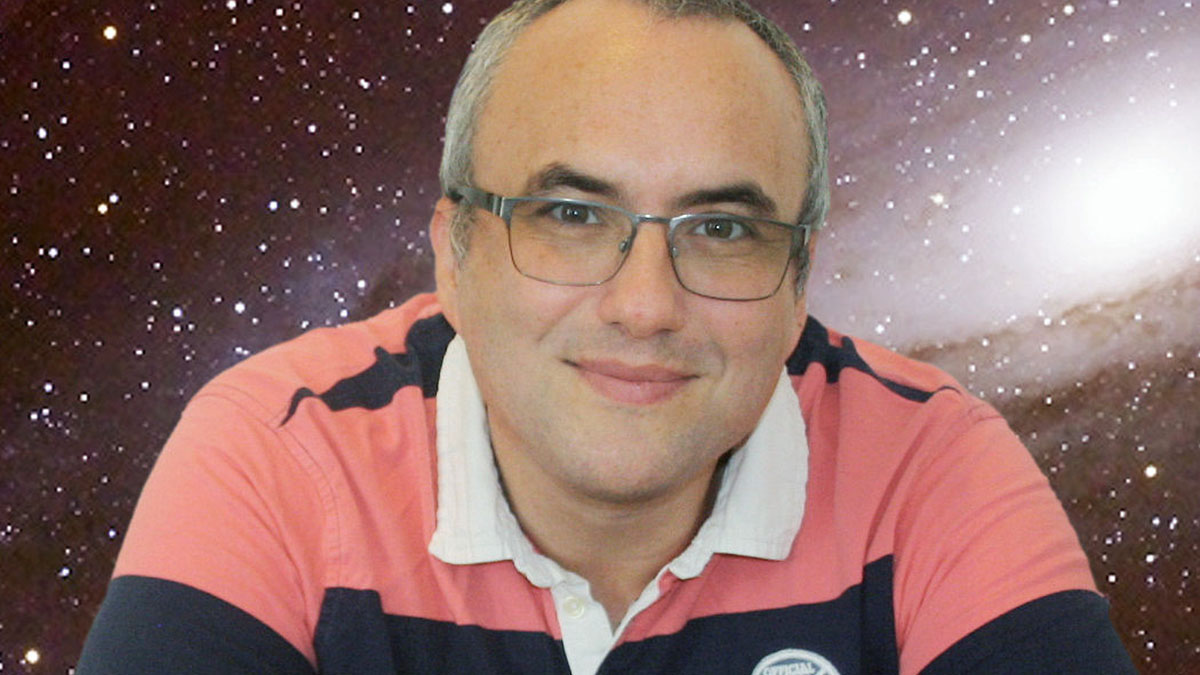The EHT (Event Horizon Telescope) collaboration has awarded the Early Career Award 2021 to Ivan Martí-Vidal, a researcher in the Department of Astronomy and Astrophysics, and the Astronomical Observatory of the University of Valencia, for his fundamental contribution to obtain the first image of a black hole. In this second edition of the awards, the EHT has awarded a total of 15 researchers from around the world for their important contributions to the project.
The jury recognised Iván Martí-Vidal for his fundamental contribution to the development of the polymetric capabilities of the EHT and ALMA-VLBI, as well as for his contributions to obtaining the first polarised image of the structure at scale of the event horizon in the M87black hole.
In 2019, EHT showed the world the first image of a supermassive black hole in the centre of the Messier 87 galaxy, located 55 million light-years from Earth. Thanks to the ‘PolConvert’ algorithm, developed by the Valencian scientist, the ALMA telescope was able to join the EHT in record time and on a low budget, becoming the most sensitive element of the project that obtained this first image of M87.
Iván Martí-Vidal is a radio astronomer expert in interferometry and polarimetry. He has been the IP of several international projects related to the study of supernova explosions, stellar atmospheres and relativistic jets in Active Galactic Nuclei. He is the developer of advanced calibration algorithms that are key components of high-impact VLBI projects, such as the Event Horizon Telescope.
After obtaining his doctorate from the University of Valencia (2008), he was a postdoctoral researcher Alexander-von-Humbodlt at the Max-Planck-Institut für Radioastronomie (MPIfR, Germany; 2009-2011), a staff astronomer at the Onsala Space Observatory (OSO, Sweden; 2011-2018), member of the European Regional Centre of ALMA (Nordic Node), staff astronomer at the National Geographic Institute (Spain; 2018-2019) and distinguished researcher (CIDEGENT Program, GVA ) at the University of Valencia. He is also an active member of the EHT Collaboration and one of the coordinators of its Polarimetry Group.
He has won various national and international awards, such as the Valencia / Centre Rotary Award (1999) and the RSEF / FBBVA Award for the best dissemination work (2012 and 2020), as well as the Breakthrough Prize in Fundamental Physics (2019) and the Einstein Medal (2020), both shared among the other members of the EHT Collaboration.


